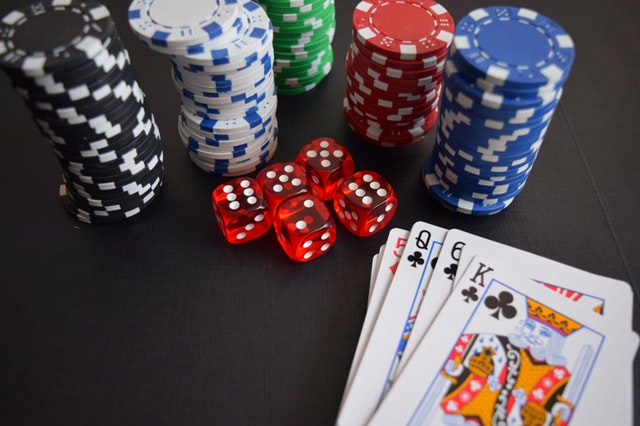A growing number of students are turning to gambling in a bid to boost their dwindling finances, a recent survey has found.
Three out of five of the 1,000 polled by the Gambling Commission had gambled in the four weeks beforehand with more than half – 54% – of them doing it in an attempt to make money.
Although there has been a surge in mental health awareness at universities in recent years, gambling addiction remains a grey area.
Iv Marks, a member of the Student Support and Engagement team at Bournemouth University, said: “The university offers advice and a listening ear in the first instance, then, if necessary, a third-party specialist can be brought in.”
Tim Miller, the Gambling Commission’s executive director for research, said: “We want to encourage universities to provide the same level of information and support about the risks from gambling as they do for drugs, alcohol and safe sex.”
“I do it for the euphoria of when you win”
Ollie Brown, 22, a graduate from Bournemouth University, banned himself from the local casino in an attempt to reduce his losses.
Mr. Brown, who still bets on football, said: “It [gambling] begins to take over your life.
“Your health goes to pot and your sleeping pattern suffers. You have big wins but you also have big losses and, eventually, you lose more than you win.”
Another Bournemouth student, Sam Charles, 20, said that he spends “£10 to £15 a week” gambling.
Mr. Charles said: “I do it for the euphoria of when you win”.
“It is a silent addiction”
Researchers at Bournemouth University are working closely with gambling authorities, such as Gamble Aware, to investigate how information provided by online gamblers may help them understand the issues faced by individuals with a problem.
Dr. Raian Ali, chair of the research group, said: “People are underestimating the risks of becoming addicts when it comes to gambling. Unlike alcohol and drugs, it is a silent addiction. Gambling has become easier with the advances in technology.
“It is an accessibility thing. Take dieting, for example. Typical advice would be to move the food further away so that a person has to struggle in order to get it, which would help a more effective diet.
“It’s the same with gambling. It’s available all the time and is being heavily advertised via digital media, so some find it easy to gamble more.”







